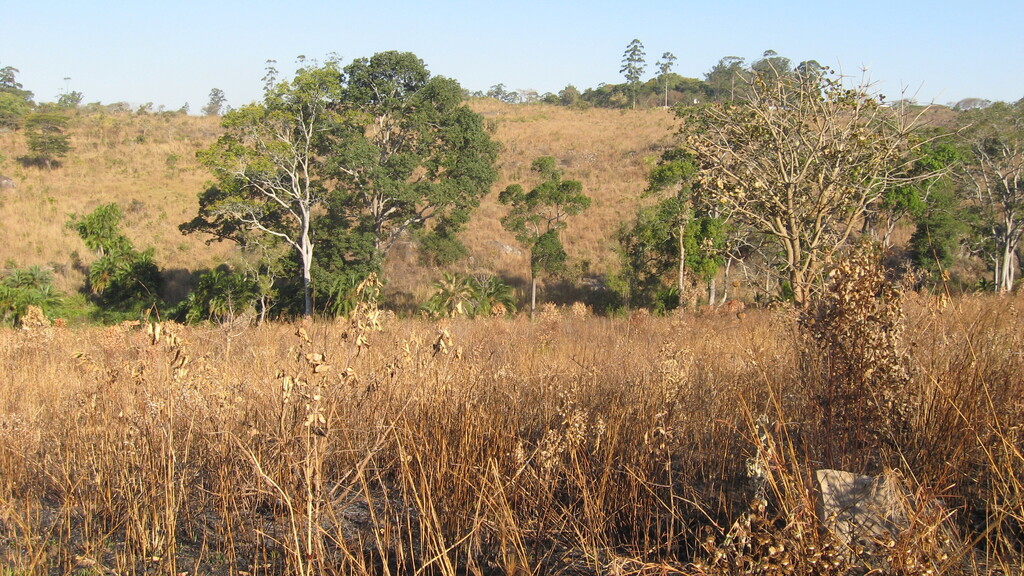Market in Malawi
Lettuce, millet, maize, pumpkins. The market in Bvumbwe now sells fruit and vegetables from dynamic agroforestry. Since the middle of last year, our project partner RENAMA (Renew'N'Able Malawi) has been organising a stand at the Farmers Market in one of the largest cities of this small African country. They help the smallholder families of our project to apply for a stand and to establish connections with female customers and small supermarkets.
In the last 18 months, we have helped a total of 38 families to convert from monoculture to dynamic agroforestry. Every fortnight, the participants meet with the RENAMA project manager and report on their progress and problems. The mood is good; already in the first year of cultivation, the families were able to harvest abundantly from their dynamic agroforestry plots, so that it was not only enough for their own cooking pots, but they were also able to bring the surplus to the market. The families generated a steady income from their DAF plots and that is something special in Malawi ...
Forest in Malawi
Malawi is one of the least developed countries in the world. More than half of the people live on less than one dollar a day. Many people feed themselves and their families from what grows on their land, and when nothing grows, they sell charcoal and clear the forests for it. Malawi loses about 3% of its forest - every year. Last year, the Forestry Department even called in the army to help protect the forests.
But Malawi is not only suffering from enormous forest losses. The traditional agricultural economy is literally taking its toll on the health of the people. Large quantities of pesticides are applied to the fields - every foodstuff is highly contaminated. Mostly, the pesticides are simply applied with bare hands and the poisons are kept in big colourful buckets right next to the cooker or the bed in a small hut. This leads to illnesses in the whole family. Our partners tell us that many children are born disabled, become ill or have attention deficits.
Organic vegetables in Malawi
Fruit and vegetables that have not been treated with pesticides are rare in Malawi. Therefore, more than 100 customers have been found very quickly, who choose what they want from a weekly product list of our agroforestry families and then pick up their purchases in Bvumbwe. There is still a bit of a problem with communication, as many families cannot be reached and the information has to be passed on from ear to ear. Our next investment will therefore be: Mobile phones for the Dynamic Agroforestry. So that the healthy products can be sold quickly. Two families each are to receive a simple mobile phone and we want to set up a WhatsApp group so that the families can coordinate on a weekly basis. For example, if someone asks for organic tomatoes or organic beans, a message can be quickly sent to all who can supply them for the market.
This way, the families can build up a poison-free income and the remaining forest remnants are also protected.
Help us to do this! With your donation, we can continue to build the mobile network for the Bvumbwe organic market, create new colourful agroforestry gardens and secure a healthy livelihood for the families.

